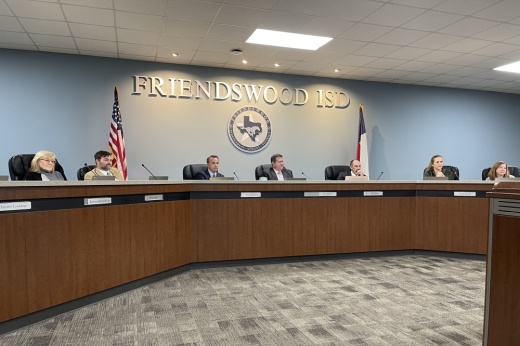The gist
With FISD’s current electricity contract set to expire in May, district officials are calling for a new contract to be able to “cover the district’s electricity needs going forward and to lock in budget certainty,” according to district agenda documents.
The district is looking for an electricity provider that will agree to a new contract that will be set to last for up to about 10 years with the price set at or below $0.06 per kilowatt-hours, plus applicable fees and charges, according to agenda documents.
Since it's usually not possible to hold favorable electricity rates beyond 24 hours, there will not be enough time to hold a board meeting for approval on a specific electricity contract.
The item passed April 8 will allow the superintendent, or someone designated by the superintendent, to execute a proposed electricity supply contract, as long as the contract has a 10-year period and rate of up to $0.06 per kWh, according to agenda documents.
The background
After Winter Storm Uri occurred in February 2021, the Texas Legislature and the Public Utility Commission of Texas, or PUCT, passed a number of new laws resulting in new electricity charges, according to agenda documents.
When the district submitted a request for proposal for electricity in June 2021, the new charges that stemmed from the state’s new bills weren’t included in the electricity providers’ rates, according to district documents. As a result, those charges were passed on to electricity customers across the state.
The new rates will have these new charges rolled into the fixed price, resulting in a slightly higher fixed price per kWh, according to agenda documents.
Quote of note
“The new benchmark is just a heightened benchmark to take into account those new realities,” FISD’s energy consultant Robert Potosky said at the meeting. “It’s still materially below the average rate that Friendswood [ISD] paid from 2010-2019, for example. It just gives a little more flexibility to negotiate the rate for the utilities going forward.”





